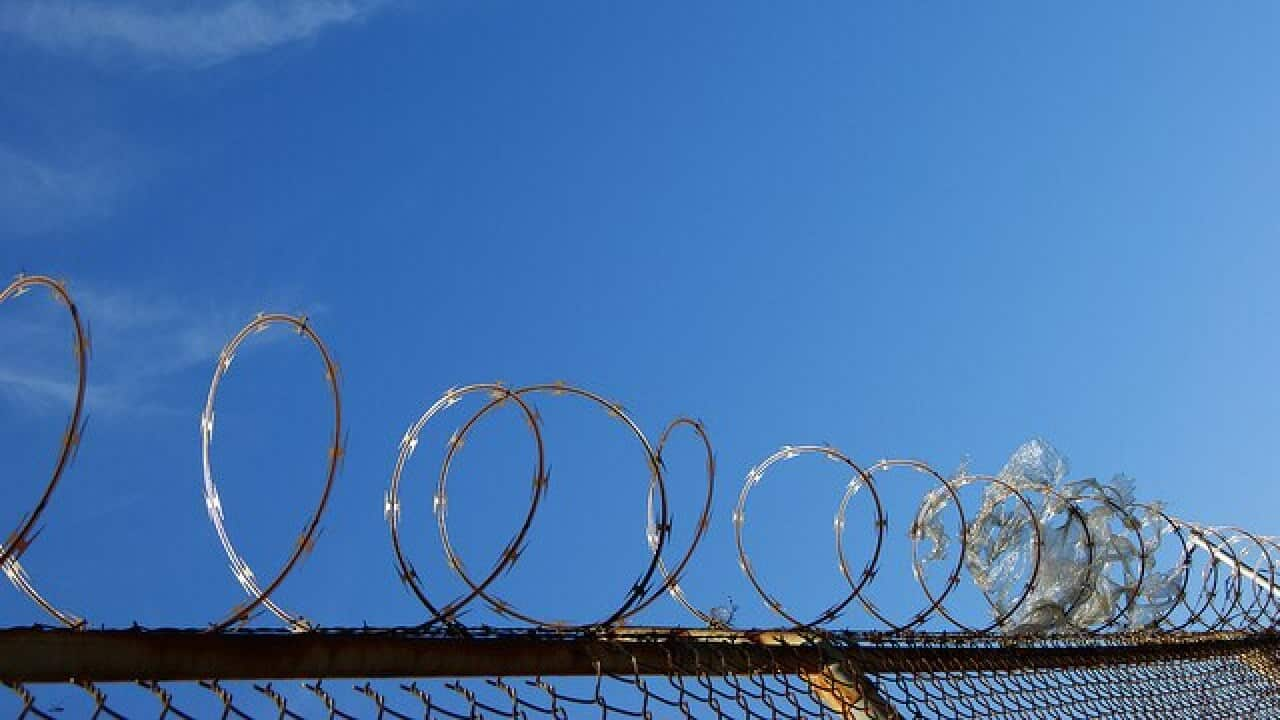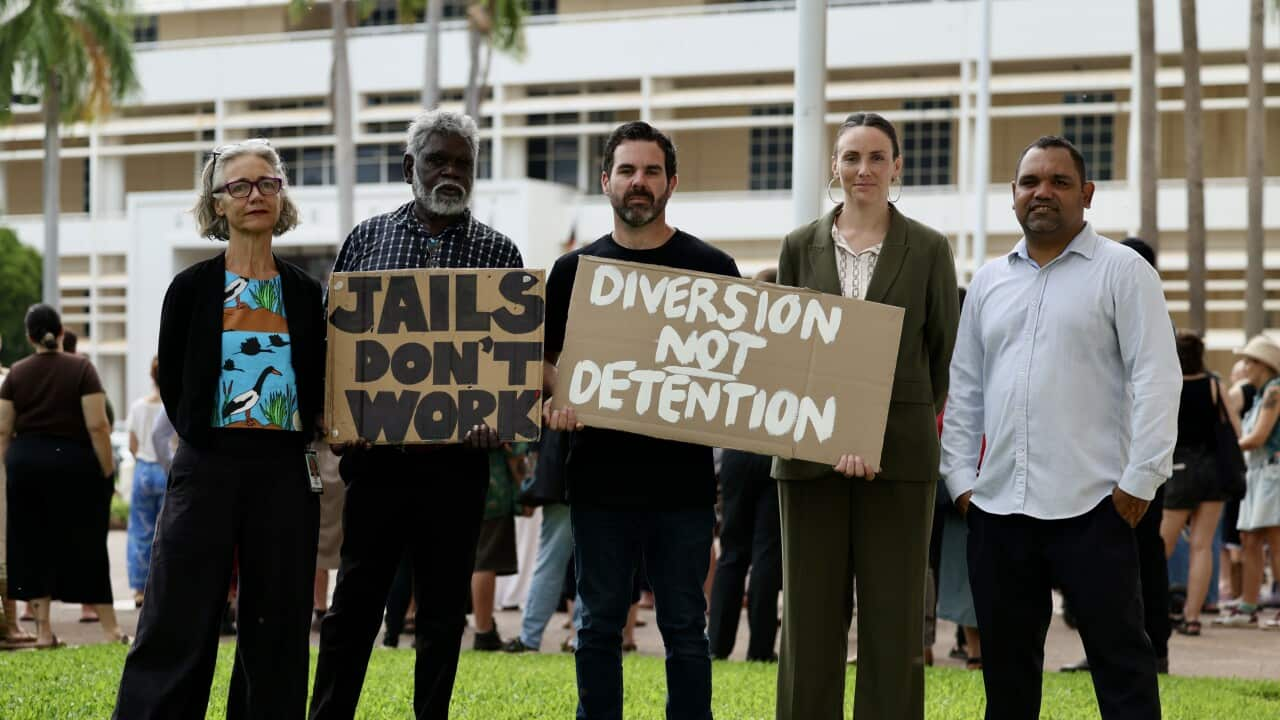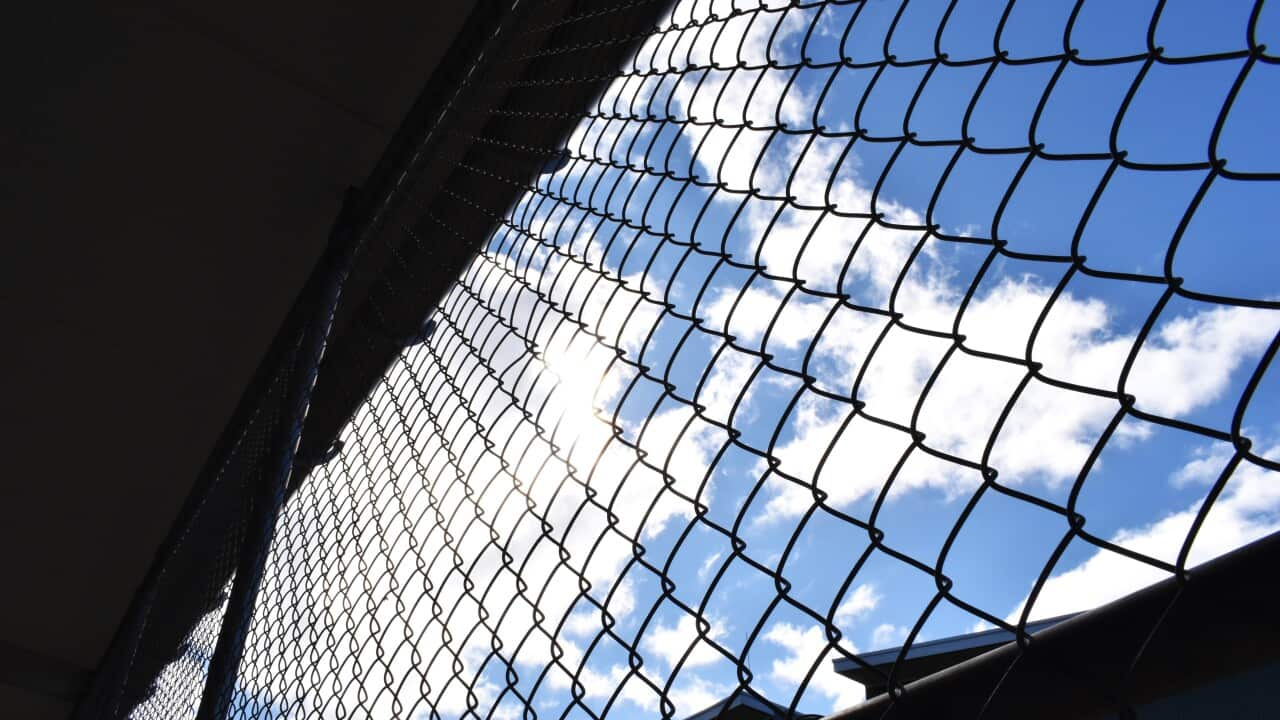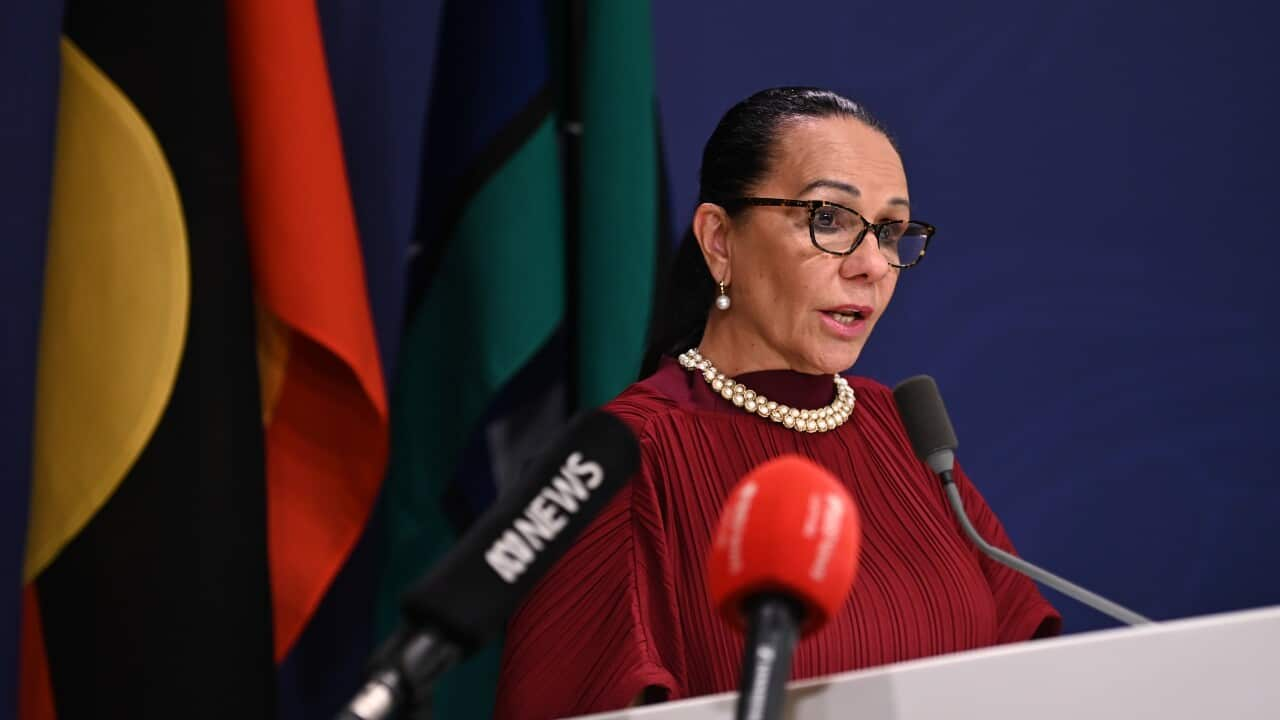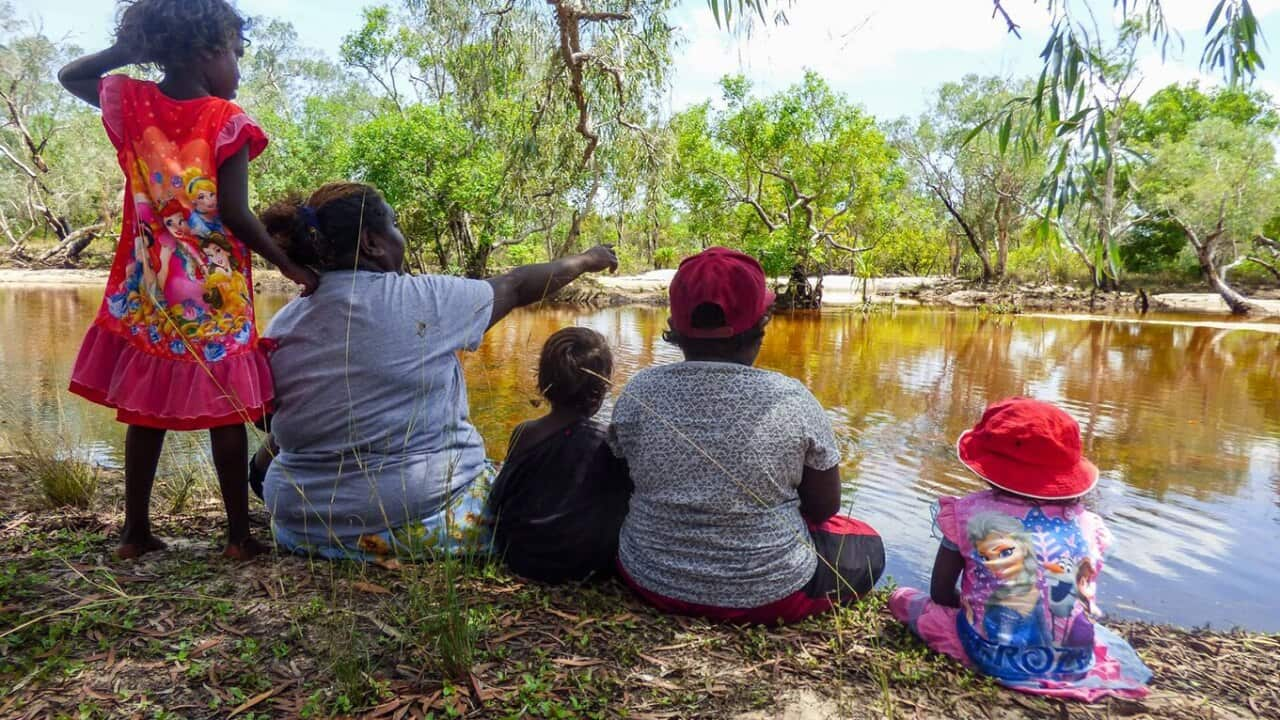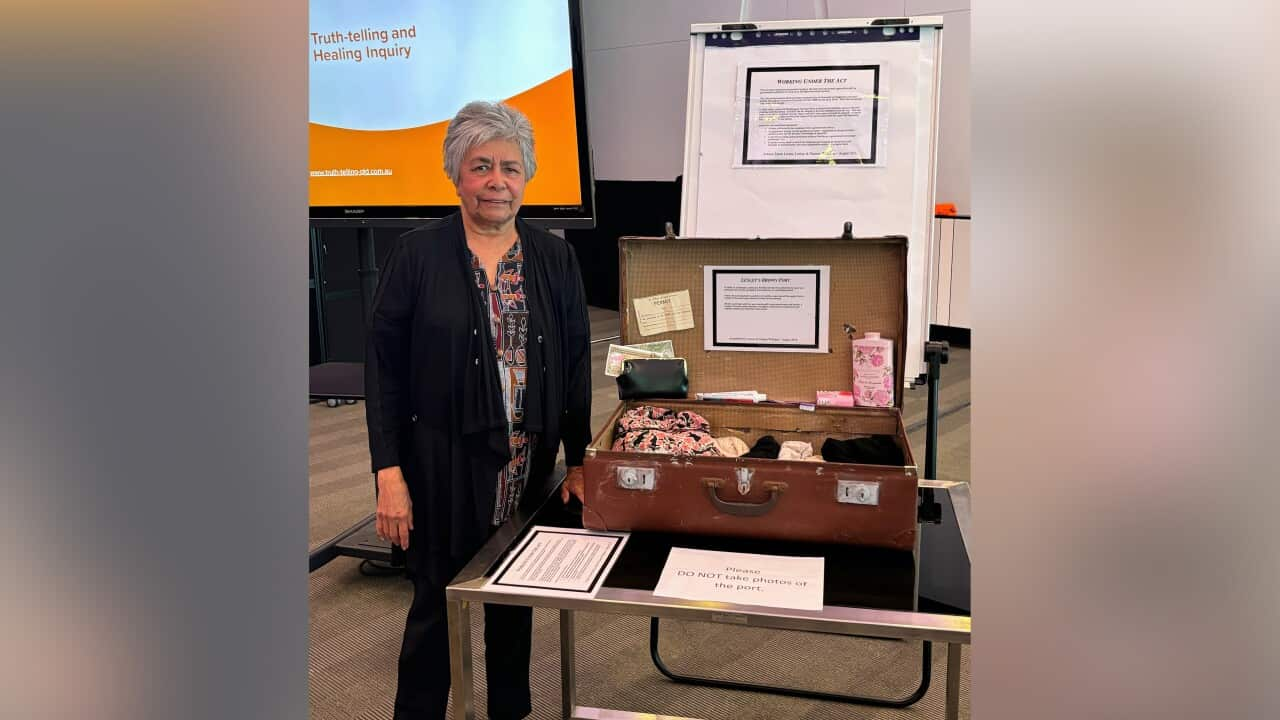New Queensland Premier David Crisafulli has said the Liberal National Party will enact tough new youth justice laws before Christmas.
Under the controversial 'adult time for adult crime' policy, children found guilty of committing serious crimes such as murder, manslaughter, grievous bodily harm, dangerous operation and unlawful use of a motor vehicle would be sentenced as adults.
Amnesty International Australia Indigenous rights advisor Rodney Dillon, a palawa Elder, told NITV there was no evidence that harsher punishments make communities safer.
"There is plenty of evidence to show that not locking kids up and diverting kids away from that system for as long as possible is a proven way of making a better society," he said.
"So I think that we need to be looking at addressing the issues that's caused the kids to go into crime.
"Prevention rather than diversion first but anything rather than putting kids into the prison system, because we know prisons don't work."
The LNP won a smaller than expected majority in , with Crisafulli claiming victory on Sunday, after Labor leader Steven Miles conceded.
The incoming premier told Nine Network's Today Show on Sunday that youth crime was the 'defining issue' for Queensland and that they would change the laws before Christmas.
"We will have adult crime, adult time and we're also going to do early intervention and give kids hope and the ability to turn their life around," he said.

Separation rooms at the Cleveland Youth Detention Centre.
"When the centre uses separation in response to a behaviour incident, it often holds children in rooms with no basic facilities such as a toilet, running water, or bed," the Inspector said.
The Inspector recommended changing the Youth Justice Act to strengthen children's protection.
"Children who are under separation while detained in youth detention centres have fewer legislated safeguards than many of their counterparts interstate," the report said.
"In fact, they have fewer safeguards when separated than adults detained in prisons in Queensland do."
Mr Dillon likened prisons for children to quicksand.
"Once the kids get into that criminal system, they never get out of it, they stay in that system forever," he said.
"And yet, we're diverting kids into that system, rather than diverting them away from it, because it's very popular to do that.
"I understand how people feel when they've been burgled or their car has been stolen, but addressing the blame that doesn't solve anything.
"A way to smart justice would be diverting the kids away and addressing the issues the kids have got to stop them from doing it again, building stronger out of home care and addressing underlying issues."
Last week the (AIHW) released a report that found almost two-thirds of young people who had been in the youth justice system during 2022–23 had also had an interaction with the child protection system in the past 10 years and that Aboriginal and Torres Strait Islander children are significantly more likely to experience this crossover.
"Why aren't we addressing those issues?" Mr Dillon said
"When you strip people of their land, their culture, their religion, their families, when you step them down and take everything off them, crime can end up being a byproduct.
"What we've got to start talking about is, how do we build stronger families?"
Children who spend time in detention frequently return, with the AIHW finding 61 per cent returned within six months, and 80 per cent within 12 months.
"So we know the recidivism rate is high, but we're not talking about addressing any of those issues," Mr Dillon said.
"We're just talking about locking people up because it's popular, and that's what wins elections, but it doesn't make a better society for our people, and it doesn't help our families when we lose our kids to the crime system."
The LNP also said before the election that it would scrap the Truth-Telling and Healing Inquiry, but First Nations people are hoping they will change their minds - and have vowed to keep telling their truths no matter what.
The Truth-telling and Healing Inquiry will hold information sessions at Dunwich for the Minjerribah/Terrangerri (Stradbroke Island) community on Friday at 5pm, and Saturday from 10am.
Aunty Mary Burgess from Minjerribah Moorgumpin Elders-in-Council Aboriginal Corporation is encouraging as many people as possible to come along, to learn and ask questions about how to participate.
“We're our world's oldest living culture and to understand about our past, it needs to be told ... it needs to be told for the healing to happen,” she said.
The Truth-Telling and Healing Inquiry is working together with MMEICAC and the Quandamooka Yoolooburrabee Aboriginal Corporation (QYAC) to co-design the engagement process for the truth-telling sessions, which will be held at Minjerribah/Terrangerri from December 9-13.
QYAC Chair Cameron Costello said Quandamooka people and the broader community can be part of healing processes on Country.
“There is a very deep history of colonialism within Quandamooka country that hasn't been told and that the broader public aren't aware of," he said.
“As they say, the truth will set you free.
"And for us to collaborate with our allies to make sure that history is told is so important - so that we can ensure that we all move into the future together - united as a community.”
Inquiry Member Cheryl Buchanan encouraged Elders to use the trauma-informed process, which includes access to counsellors.
“The generations now, the generations even just before me, and the generations of the future, the young people need to be able to hear firsthand from our people of what really happened and the way that it affected them and the way that they have attempted to live a life of normality," she said.


